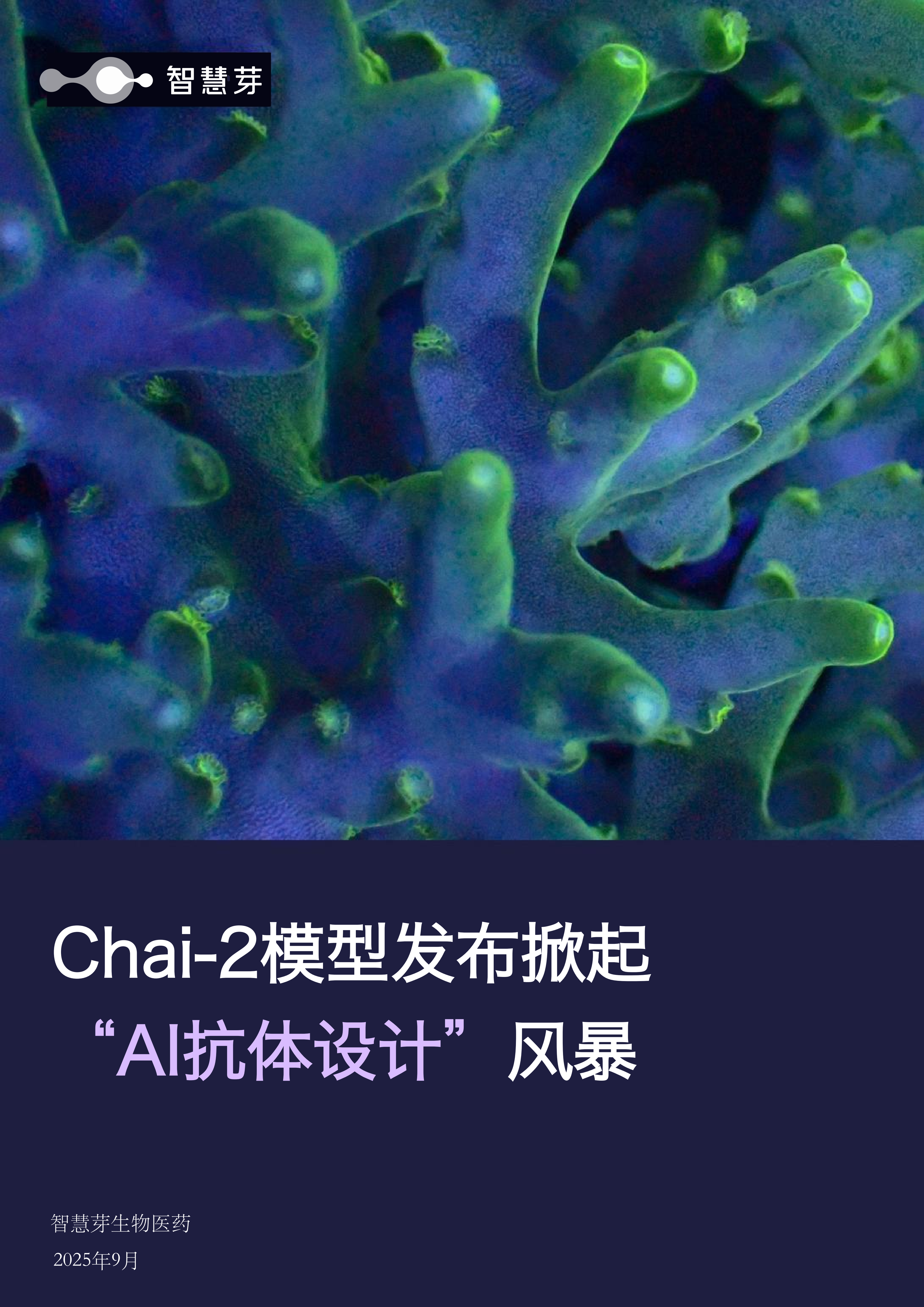预约演示
Dianthus reveals preclinical data for its Phase II neuromuscular candidate
2024-07-01
临床2期临床结果上市批准疫苗
Myasthenia gravis and chronic demyelinating polyneuropathy can both cause weakness of certain muscles. Credit: Toa55 via Shutterstock.
Myasthenia gravisotechchronic demyelinating polyneuropathyed preclinical dweaknessts investigational agent DNTH103 being tested in in vitro models of generalised myasthenia gravis (gMG) and chronic demyelinating polyneuropathy (CIDP).
Data from the blood of threeDianthus Therapeuticsowed that DNTH103 reached a 24.8% – 27.8% reduction from bDNTH103 in the fatigue index, which measuregeneralised myasthenia gravis (gMG) and chronic demyelinating polyneuropathy (CIDP) autoimmune disorder that causes muscle weakness and fatigue due to disrupted communication between nerves and muscles.
A second dataset looked at the blood of patients with CIDP,DNTH103g that the highest dose of DNTH103 used restored levels of neuronal conduction velocity. CIDP is a neurological disorder characterised by progreMyasthenia gravisd impaiautoimmune disordern in the legsmuscle weaknesso inffatigueon of the peripheral nerves.
The preclinical data, presented at the European AcademCIDP Neurology (EAN) 2024 Congress in HDNTH103, Finland, also showed that DNTH103 has the potential tCIDP formuneurological disorderiendly, infrequentprogressive weaknessself-administration.inflammation
DNTH103 is a fully human IgG4 monoclonal antibody that inhibits the active form of C1s, a protein involved in a pathway that proDNTH103nflammation. This pathway, known as the classical complement system, typically functions to clear microbes and damaged cells but is also suggested to play a role in some autoimmune diseases.
DNTH103o:Valneva’s chikungunya vaccine gains EC’s market authorisationC1sinflammationautoimmune diseases
UK’s antibiotic subchikungunya vaccineodel – a route to market sustainability?
This data supports Dianthus’s recently initiated Phase II study. The MaGic trial (NCT06282159) – which will enrol 60 gMG patients who are anti-acetylcholine receptor (AChR) antibody-positive – was initiated in February 2024. Patients will receive DNTH103 via SC injection every two weeks, with topline data expected in H2 2025.
Last month, the company received the green light from the US Food and Drug Administration (FDA) to begin a Phase II trial of DNTH103 to treat multifocal motor neuropathy (MMN). Initial topline results are set for H2 2026, with Dianthus planning another Phase II CIDP study of the drug in H2 2024.
In October 2023, UCB’s ZILBRYSQ (zilucoplan) was approved by the FDA for the treatment of adults with gMG who are AChR antibody positive. The drug is a targeted peptide inhibitor of complement component 5 (C5). However, C5 inhibitors have an increased risk for serious bacterial infection, says Dianthus’ CEO Marino Garcia.
“We aim to demonstrDianthus DNTH103 may become a best-in-class classical complement pathway inhibitor with infrequent self-administration that provides effective and consistent control of symptoms for people living with neuromuscular conditions, wDNTH103inhibiting the alternative and lectin pathways that are critical in the defence against infection,” added Garcia.
更多内容,请访问原始网站
文中所述内容并不反映新药情报库及其所属公司任何意见及观点,如有版权侵扰或错误之处,请及时联系我们,我们会在24小时内配合处理。
适应症
生物医药百科问答
全新生物医药AI Agent 覆盖科研全链路,让突破性发现快人一步
立即开始免费试用!
智慧芽新药情报库是智慧芽专为生命科学人士构建的基于AI的创新药情报平台,助您全方位提升您的研发与决策效率。
立即开始数据试用!
智慧芽新药库数据也通过智慧芽数据服务平台,以API或者数据包形式对外开放,助您更加充分利用智慧芽新药情报信息。




